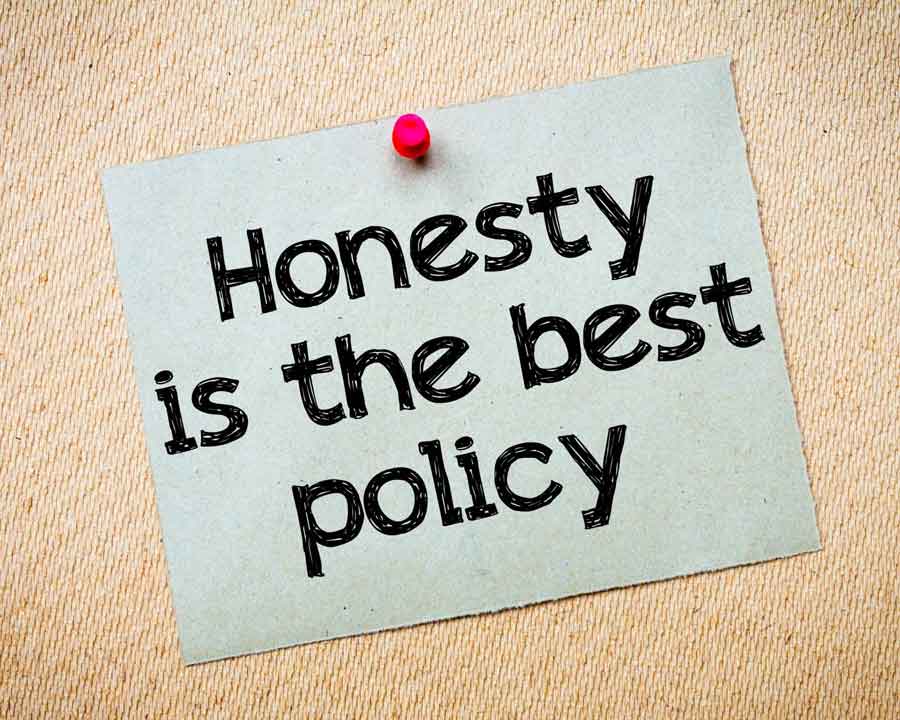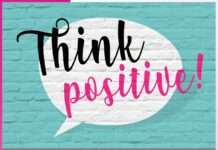The importance of Honesty –Honesty is one of the most fundamental virtues that shape human relationships, personal character, and societal trust. From early childhood, we are taught that “honesty is the best policy,” yet its true impact goes far beyond just telling the truth. Honesty influences how we connect with others, build credibility, and create environments based on trust and respect.
Table of Contents
The Essence of Honesty
It implies sincerity, transparency, and integrity. It’s not just about avoiding lies; it’s also about being authentic—expressing your true thoughts, acknowledging your mistakes, and standing by your values even when it’s difficult.

Honesty in Personal Relationships
Honesty is the cornerstone of healthy personal relationships. When people are honest with each other, it fosters openness, deeper understanding, and mutual respect. On the contrary, lies, secrecy, or half-truths can quickly erode relationships, creating suspicion, hurt, and eventual breakdowns.
In family life, honest communication helps children learn the value of integrity and accountability. When parents model honesty, children are more likely to grow into trustworthy individuals. In friendships, being honest about feelings, boundaries, and experiences can strengthen the bond, even when the truth is uncomfortable.
The Role of Honesty in Mental and Emotional Well-Being
Emotional equilibrium and peacefulness are facilitated by leading an honest life. Being honest with both yourself and other people helps you overcome the anxiety and shame associated with lying.
Conversely, being honest allows for emotional clarity. You don’t have to hide behind a mask or worry about being “found out.”
The Social and Cultural Impact of Honesty
On a societal level, honesty is vital for justice, governance, and community trust. Democracies rely on honest communication from leaders, media, and institutions. When leaders are truthful and transparent, citizens are more likely to engage, participate, and trust the system. When dishonesty becomes prevalent—through corruption, misinformation, or propaganda—it can lead to widespread cynicism, unrest, and breakdowns in public order.
Challenges to Honesty in the Modern World
Despite its importance, honesty is not always easy to uphold. In today’s world, where appearances are often valued more than truth—especially on social media—people may feel pressured to present a polished, idealized version of them.
Moreover, in competitive environments, individuals may resort to dishonesty as a means of survival or advancement. The temptation to cut corners, exaggerate credentials, or withhold important information can be strong. However, these shortcuts often have long-term consequences, including damaged reputations and broken trust.
Conclusion
Honesty is not merely a moral guideline—it is a powerful force that shapes our character, relationships, and communities. In a world where deception can sometimes seem easier or more rewarding, choosing honesty requires integrity and strength. Yet, it is this very choice that leads to trust, respect, and lasting success. Embracing honesty allows us to live authentically, connect meaningfully, and contribute to a more just and compassionate world.















































